2002 Chevrolet Tracker Brake Rotors and Pads
Click here to search another vehicle
All Rotors:
OEM x
Coated x
Drilled, Slotted and Coated x
Front x
Rear x
All Pads:
Ceramic x
Semi-metallic x
Front x
Rear x
Found 5 record
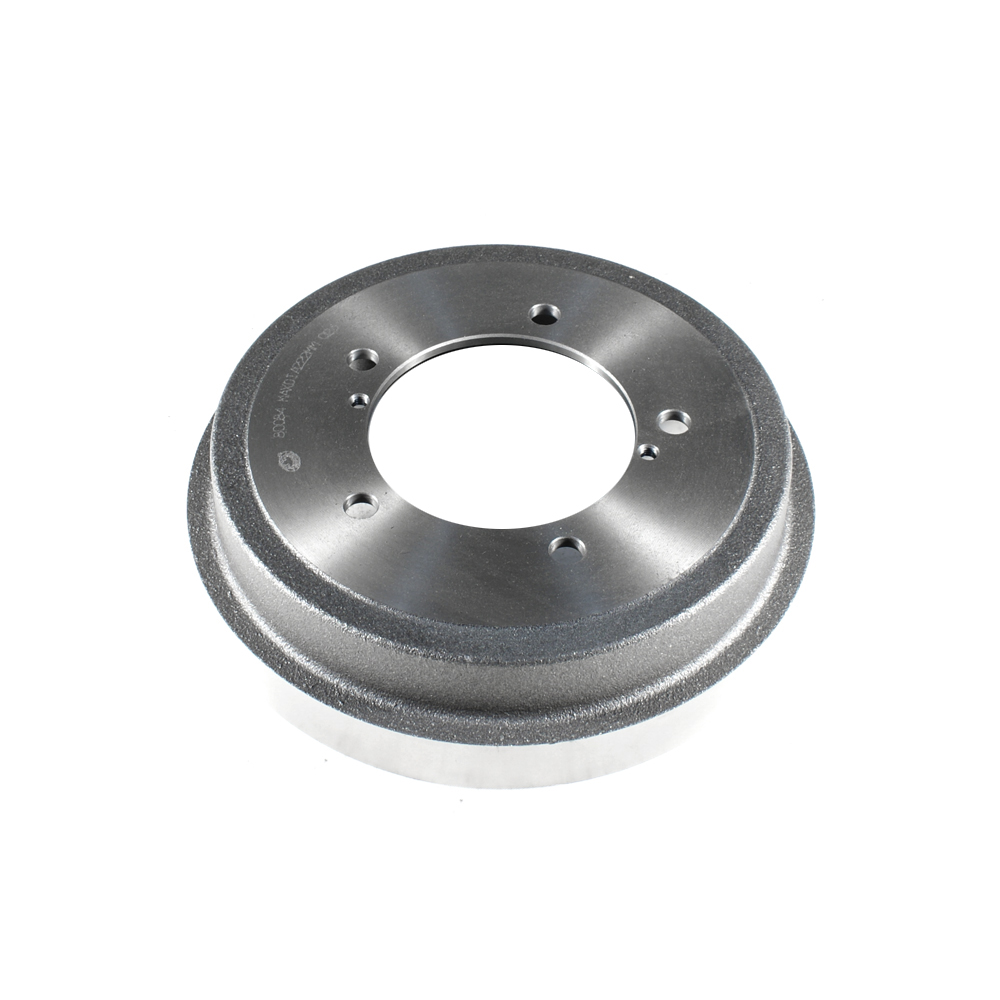
Part No: BD80084
Raybestos: 9693
OE: 30024672
Raybestos: 9693
OE: 30024672
$41.08 each
Per Car QTY: 2
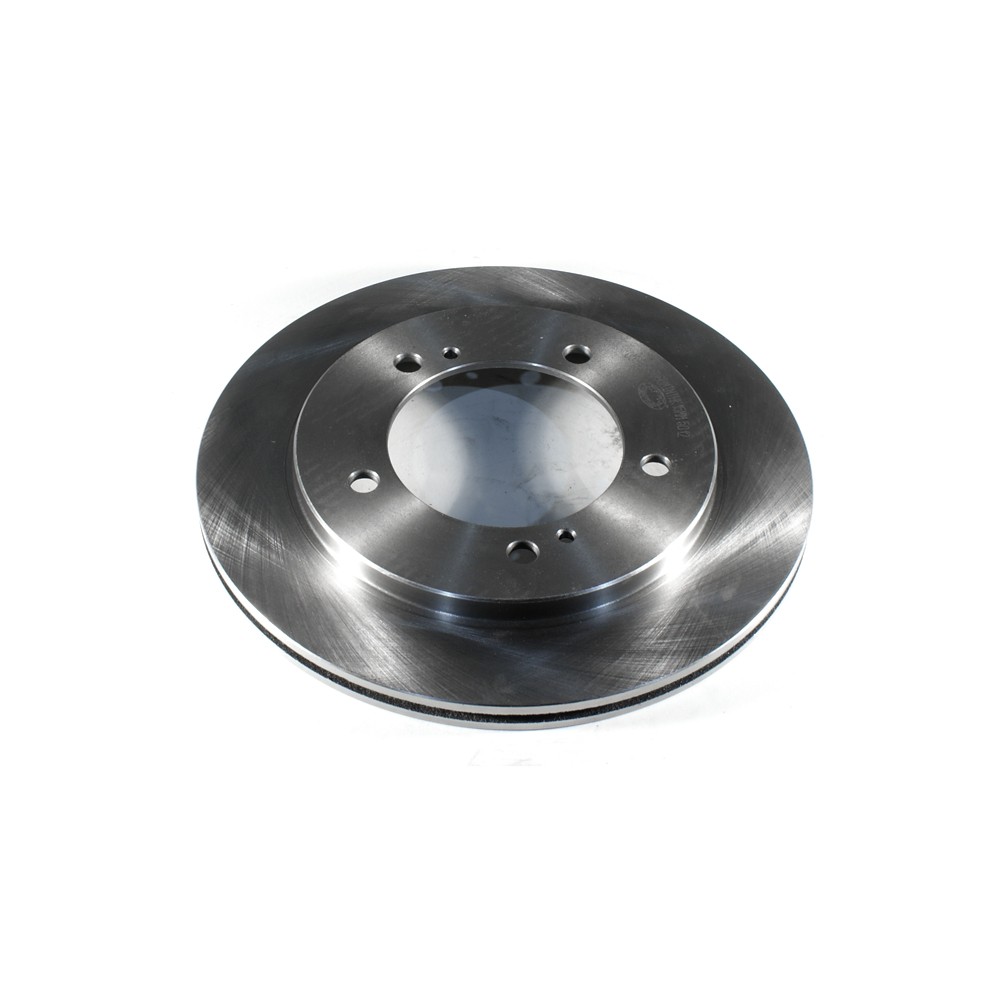
Part No: BR55060
Raybestos: 56927
OE: 30024673
Raybestos: 56927
OE: 30024673
$19.44 each
Per Car QTY: 2
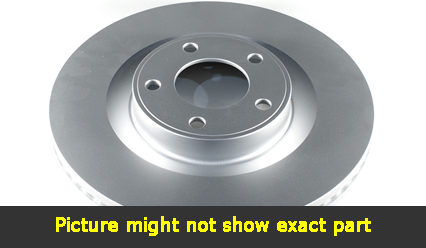
Part No: PP55060
Raybestos: 56927
OE: 30024673
Raybestos: 56927
OE: 30024673
$27.61 each
Per Car QTY: 2
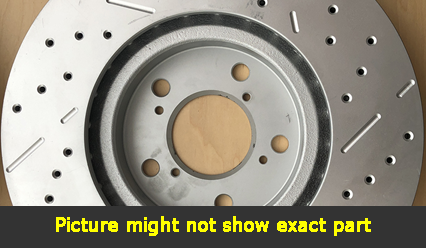
Part No: SP55060L
Raybestos: 56927
OE: 30024673
Raybestos: 56927
OE: 30024673
$60.01 each
Per Car QTY: 1
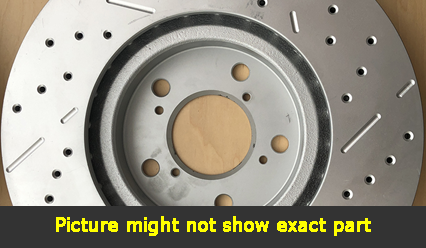
Part No: SP55060R
Raybestos: 56927
OE: 30024673
Raybestos: 56927
OE: 30024673
$60.01 each
Per Car QTY: 1
If you own a 2002 Chevrolet Tracker and are in need of new brakes, it's crucial to choose the right ones for your vehicle. Having well-functioning brakes is essential for your safety and the safety of others on the road.
When shopping for brakes, you have various options to consider. One option is Original Equipment Manufacturer (OEM) brakes, which are the same as the ones your car was equipped with when it left the factory. These brakes are designed to meet the specifications of your Chevrolet Tracker and provide optimal performance. OEM brakes are often preferred by those seeking reliability and a precise fit, making them a suitable choice for your 2002 Tracker.
Another choice is aftermarket brakes. These are produced by different manufacturers and may offer different performance characteristics or price points compared to OEM brakes. While aftermarket brakes might have advantages such as increased durability or improved stopping power, it's essential to choose a reputable brand that ensures quality.
When selecting brakes, pay attention to details such as the material composition and the brake type. Different brake materials, such as ceramic, semi-metallic, or organic, offer distinct advantages and trade-offs in terms of durability, noise, and performance. It's advisable to research and understand the pros and cons of each material to determine which one best suits your needs.
Additionally, you'll need to consider the type of brake you require, as your 2002 Chevrolet Tracker could have either disc brakes or drum brakes. Disc brakes are most common in the front, while drum brakes are generally found in the rear. It's crucial to identify which type your car has before making a purchase.
To ensure proper fitment and compatibility, it's recommended to refer to the Chevrolet Tracker's owner manual or consult with a trusted mechanic. They can assist you in selecting the correct brake pads, rotors, shoes, or drums for your specific model and its driving conditions.
Lastly, remember to prioritize quality and safety over cost. While it's tempting to opt for the cheapest option, unreliable brakes can pose serious hazards. Investing in high-quality brakes from trusted manufacturers will provide you with confidence, longevity, and, most importantly, a reliable stopping system for your 2002 Chevrolet Tracker.
When shopping for brakes, you have various options to consider. One option is Original Equipment Manufacturer (OEM) brakes, which are the same as the ones your car was equipped with when it left the factory. These brakes are designed to meet the specifications of your Chevrolet Tracker and provide optimal performance. OEM brakes are often preferred by those seeking reliability and a precise fit, making them a suitable choice for your 2002 Tracker.
Another choice is aftermarket brakes. These are produced by different manufacturers and may offer different performance characteristics or price points compared to OEM brakes. While aftermarket brakes might have advantages such as increased durability or improved stopping power, it's essential to choose a reputable brand that ensures quality.
When selecting brakes, pay attention to details such as the material composition and the brake type. Different brake materials, such as ceramic, semi-metallic, or organic, offer distinct advantages and trade-offs in terms of durability, noise, and performance. It's advisable to research and understand the pros and cons of each material to determine which one best suits your needs.
Additionally, you'll need to consider the type of brake you require, as your 2002 Chevrolet Tracker could have either disc brakes or drum brakes. Disc brakes are most common in the front, while drum brakes are generally found in the rear. It's crucial to identify which type your car has before making a purchase.
To ensure proper fitment and compatibility, it's recommended to refer to the Chevrolet Tracker's owner manual or consult with a trusted mechanic. They can assist you in selecting the correct brake pads, rotors, shoes, or drums for your specific model and its driving conditions.
Lastly, remember to prioritize quality and safety over cost. While it's tempting to opt for the cheapest option, unreliable brakes can pose serious hazards. Investing in high-quality brakes from trusted manufacturers will provide you with confidence, longevity, and, most importantly, a reliable stopping system for your 2002 Chevrolet Tracker.


